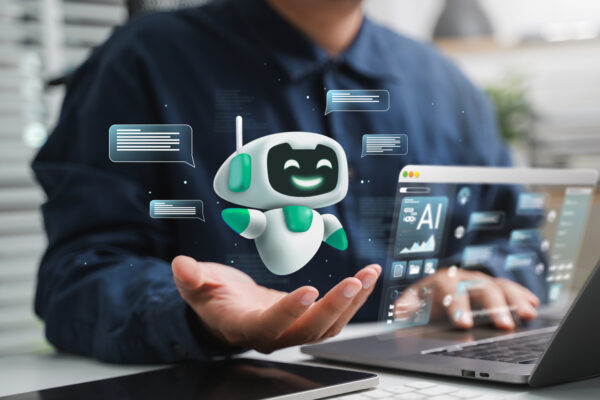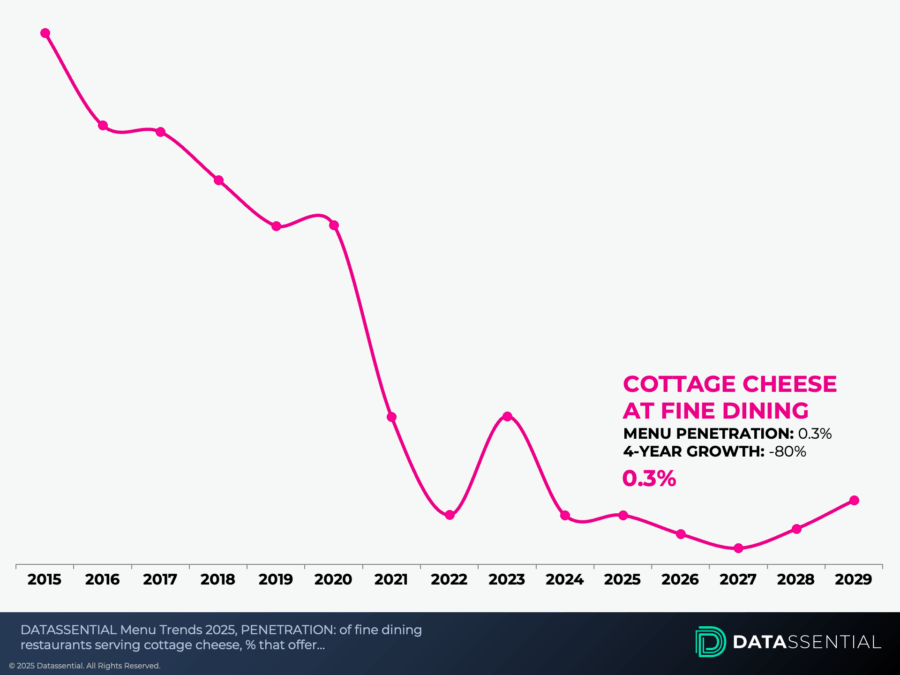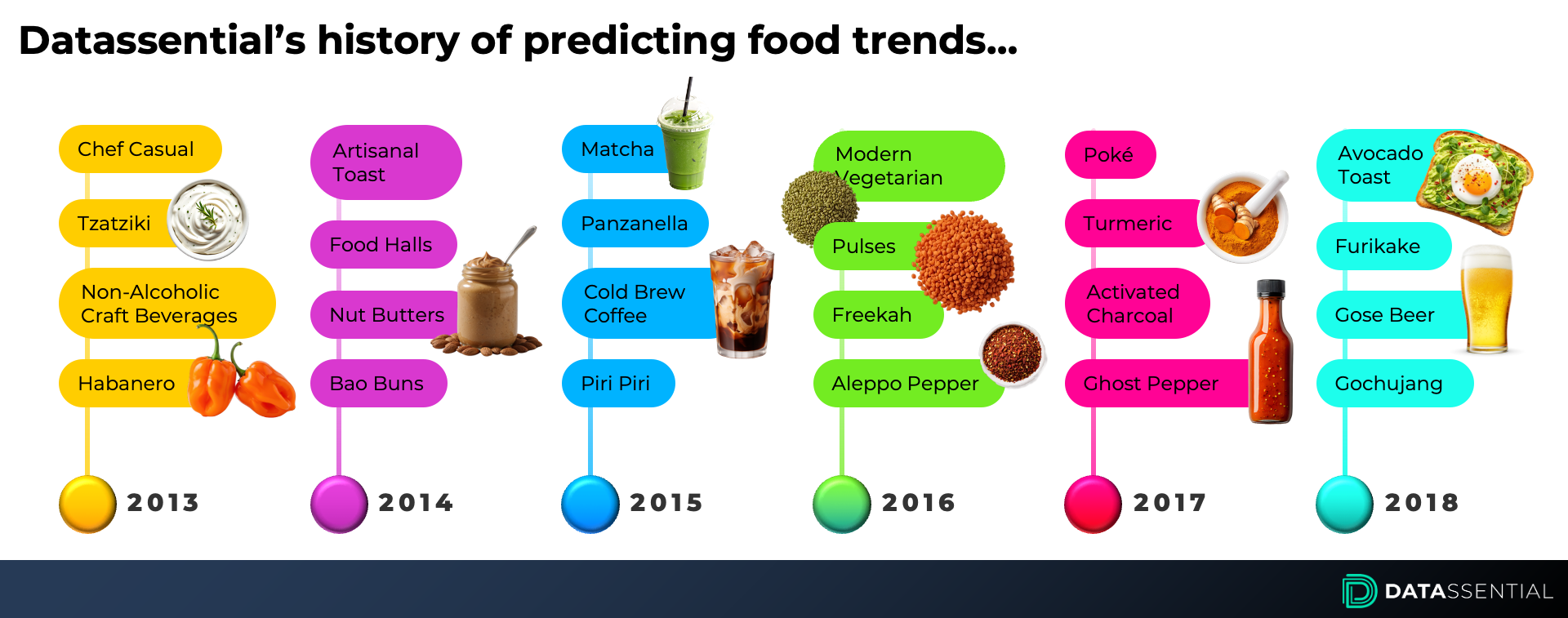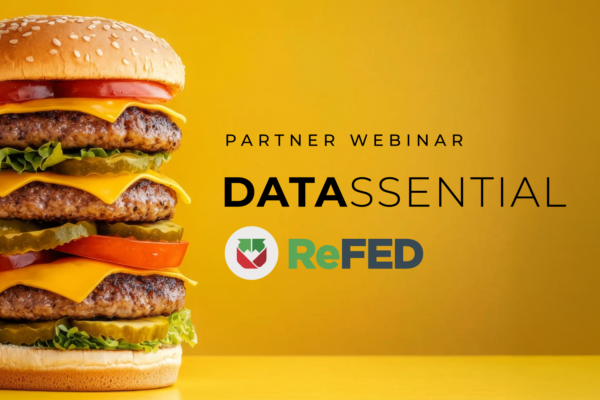Foodservice AI is reshaping the industry, and it’s moving fast. With 75% of consumers encountering AI in the last six months and major food and beverage brands investing in proprietary AI systems, the question isn’t if AI will impact your business, but how to harness it effectively while sidestepping common pitfalls and wasted investments.
In this guide, you’ll learn how to use AI strategically, avoid costly mistakes, and leverage purpose-built tools designed for foodservice professionals.
Why is AI adoption important in food and beverage?
AI has quickly become normalized into daily usage:
- 75% of consumers have encountered AI in the past six months
- 29% have personally used tools like ChatGPT, Copilot, or Gemini
- Gen Z and Millennials are leading adoption, especially for creative and research tasks
For foodservice sales teams, this shift means buyers expect:
- Faster answers
- Richer insights
- Data-driven storytelling
Many organizations are eager to embrace AI, but using it wisely is essential to avoid costly mistakes. If your company is ready to leverage AI, here’s a look at the best practices and risks for foodservice sales and innovation.
Why can generic AI be risky for foodservice decisions?
Generic AI may seem convenient for brainstorming, but for foodservice it can be dangerously misleading. Many common AI tools are trained on generic internet content, which introduces blind spots for business-critical decisions.
Key pitfalls of generic AI
- Unverified data sources: Relies on Reddit, Wikipedia, YouTube, and other public sites instead of validated industry data
- Limited research depth: Outputs are surface-level and lack comprehensive analysis
- Input-dependent outputs: Answers vary wildly depending on phrasing; small changes in prompts can yield different conclusions
- Lack of context: Blurs the line between social trends and operationally feasible menu items
- Lack of accountability: No responsibility when recommendations fail
- Trend bias and susceptibility to fads: Overemphasizes viral content and short-term spikes
These issues make generic AI risky for foodservice strategy, where precision and context are critical.
 EN | English UK
EN | English UK DE | Deutsch
DE | Deutsch FR | Français
FR | Français IT | Italiano
IT | Italiano SP | Español
SP | Español









